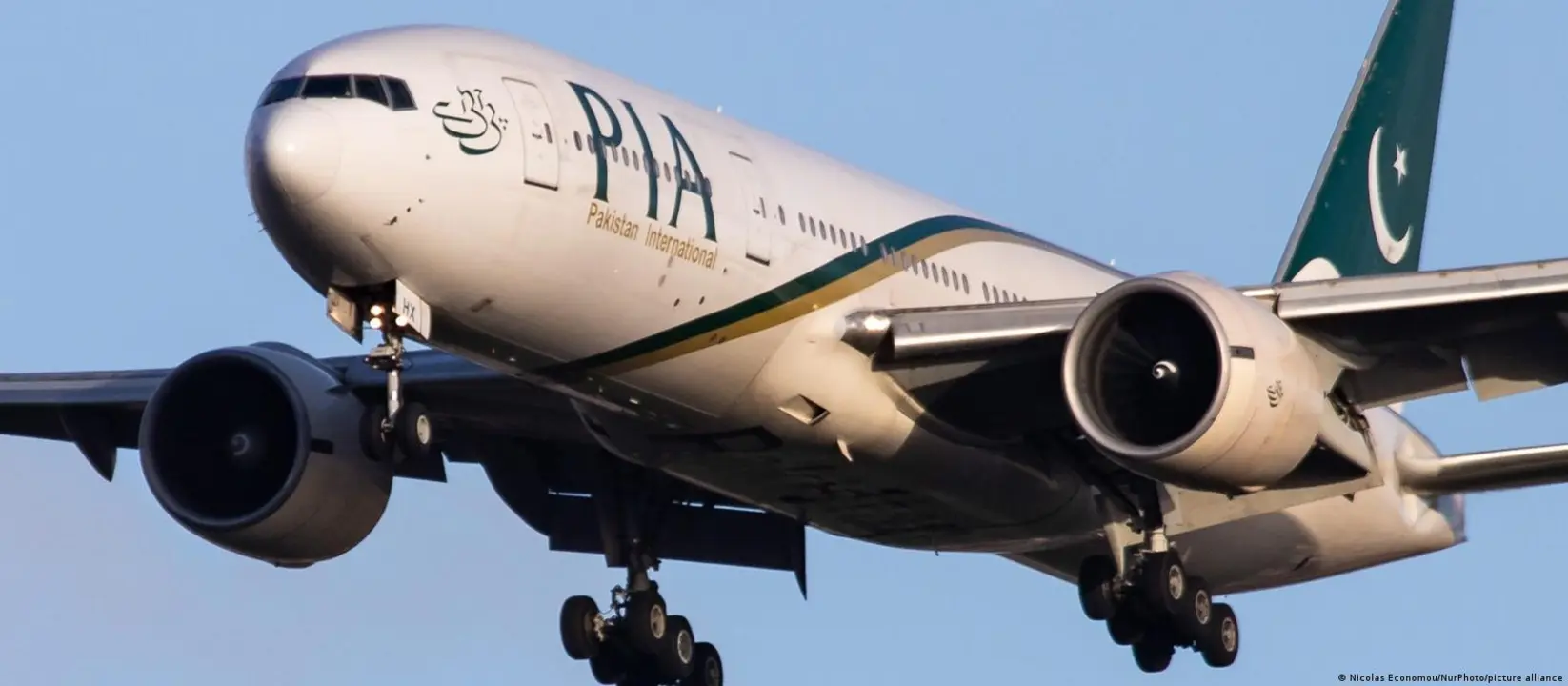1993 Bombay Bombings: The deadliest attacks ever in India
The nineteenth century shows a troubled history in Indo-Pakistan following their religious differences and bitter rivalry. Religious tensions erupted in a series of violent events: the demolition of Babri Masjid caused retaliatory attacks like the Bombay bombings and the Jain Mandir demolition in 1992-1993.
These violent events initiated a cycle of retaliations from both Hindus and Muslims, which is still active today among both communities. Let’s dive into the significant events from where the Hindu-Muslim rivalry grew worse than ever:
Demolition of Babri Masjid 1992
A rally of fifteen thousand Hindus gathered at the site of Babi Masjid in Ayodhya, Uttar Pradesh, India on Dec 6, 1992. Hindu party VHP (Vishva Hindu Parishad) and BJP (Bhartiya Janata Party) organized this rally. Soon after, the rally turned into violence. The mob overpowered the security personnel and destroyed the mosque.
It came because Babri Masjid has always been the point of dispute between Hindus and Muslims. According to Hindus, the site of Babri Masjid is sacred to them due to the birth of the Hindu deity Rama of Kosala in Ayodhya. They wanted to build Ram Temple at the disputed place.
However, Muslims claimed that their Mughal Emperor built this masjid. So, they owned the right to have Babri Masjid in Ayodhya.
At least 2,000 people died as a result of the demolition, which sparked intercommunal violence between the Hindu and Muslim communities in India for several years.
It remained the focus of prolonged sociopolitical controversy for decades after a political protest led by Hindu nationalist groups VHP and BJP demolished the masjid. However, the Indian Supreme Court ordered last year to build the Ram Temple instead of the Babri Masjid in Ayodhya.
The demolition of Babri Masjid resulted in a series of violent incidents against Hindus in Pakistan. It further widened the tension between both communities.
Demolition of Jain Mandir 1992
Just two days after the Babri Masjid demolition, angered Muslims similarly stormed the Jian Mandir in Lahore, Pakistan on Dec 8, 1992. According to eyewitnesses, the Mandir took two days to bring down. The strong building refused to break down until a violent mob used a crane to destroy it.
After that, the dome of the Mandir collapsed and was left in a destructive condition for the next thirty years until 2021, when the Pakistani Supreme Court ordered the restoration of the Jain Mandir.
However, the violent series of these tragic incidents did not remain limited to Jain Mandir, it extended further to the terrible bombing blasts in Bombay in the next year.
1993 Bombay Bombings
The twelve terrorist bombs that occurred at various places in Bombay, Maharashtra, on March 12, 1993, are known as the 1993 Bombay Bombings.
The series of these blasts in two hours and ten minutes brought Bombay to a complete standstill. These were the deadliest attacks ever in the history of India, which killed 257 people and 1,400 people injured from the one-day onslaught.
Indian authorities alleged its underworld don and renowned criminal Dawood Ibrahim for these attacks in Bombay. They believed he launched these attacks through his minions, Tiger Memon and Yaqub Memon.

The Explosions
A bomb vehicle exploded in the building basement of the Bombay Stock Exchange at 1:30 p.m. The 28-story commercial building faced significant damage along with adjacent office buildings.
According to reports, 50 individuals died due to the explosion at the Stock Exchange. Another vehicle bomb went off in front of the Corporation Bank Branch in Mandvi some thirty minutes later.
Two hours was all it took for twelve explosives to shake the whole city of Bombay. Some of these devices were planted in scooters, while most were in cars.
1993 Bombay Hotel bombings
Suitcase bombs planted in rooms reserved by the attackers targeted three hotels in Bombay. It includes Hotel Sea Rock, Hotel Juhu Centaur, and Hotel Airport Centaur.

Banks and Bazaar explosives
Targets also included banks, the Air India facility, the regional passport office, and a large retail center. There were explosions at Zaveri Bazaar and a jeep bomb at Century Bazaar across it.
It appears that particular residents were the targets of the massive explosives. Explosions also took place at Fisherman’s Colony and Sahar International Airport. Ninety people died in these explosions and badly damaged a double-decker bus standing near to it.
Court Proceedings on 1993 Bombay Bombings
A special TADA court (Terrorist and Disruptive Activities) to prevent terrorist acts found four family members of the Memon family guilty on Sep 12, 2006. The convicted members are Yakub, Essa, Rubina, and Yusuf. TADA sentenced them to a year’s jail sentence for plotting and encouraging acts of terror in bomb blast incidents.
After more than 20 years of legal proceedings, the Supreme Court gave a death sentence to Yakub Memon on March 21, 2013. Yakub Memon was considered to be the main sponsor of Dawood Ibrahim.
However, Yakub made a curative plea that the Supreme Court denied. The Maharashtra government eventually put him to death on July 30, 2015.
Besides Yakub, Tiger Memon (Yakub’s brother) and Dawood Ibrahim were considered the two of the primary suspects. However, the court couldn’t give the order to arrest or put them on trial due to lack of evidence.
Click here to read a mysterious story of Dawood Ibrahim: The Most Wanted Underworld Don
Key Suspects of the 1993 Bombay Bombings
A special TADA court found six key suspects guilty of organizing the 1993 fatal Bombay bombings. Among them are:
- Abu Salem: convicted of selling firearms and ammunition
- Mustafa Dossa: charged with entering India with weapons and explosives. In addition, he is accused of plotting and sending individuals to Pakistan for militant training.
- Tahir Merchant: He was accused of sending criminals to Pakistan.
- Riyaz Siddiqui: He was found responsible for the explosives shipment.
- Firoz Abdul Rashid Khan: The weapons were delivered to him in Bombay.
- Karimullah Sheikh: He was convicted of bringing weapons into India illegally.
Conclusion
The devastation caused by the bombings in Bombay in March 1993, Jain Mandir and Babri Masjid demolition highlight the long-standing religious tensions between Hindu and Muslim communities in India and Pakistan.
These terrible events led to many casualties, extensive property damage, and prolonged court cases. The impact is an eye-opener to promote religious harmony and resolve disputes within the community to stop tragedies like this one from happening again.
Share this content:




Post Comment